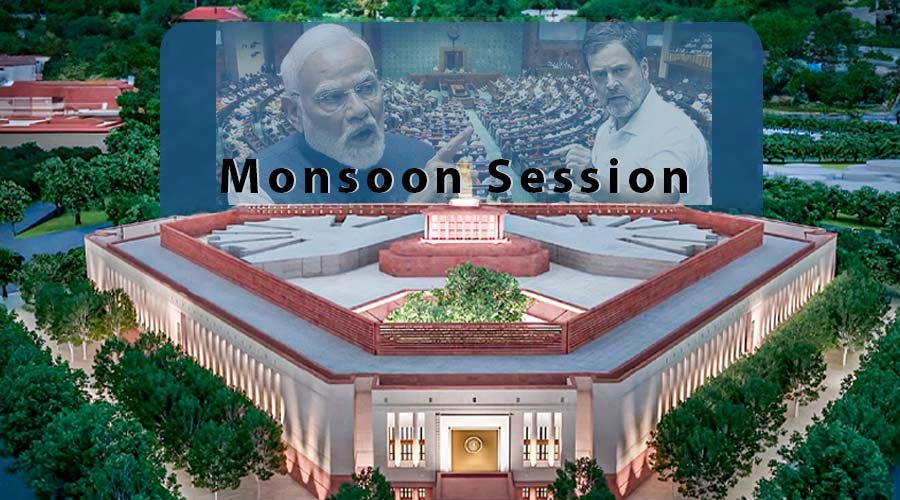The Monsoon Session of Parliament today turned into a battleground over national security, with sharp accusations and emotional references dominating the debate. The discussion centered around the recent Pahalgam terror attack, India’s response through Operation Sindoor, and the political blame game surrounding both.
At the heart of the session was a clash not just of policies but of ideologies—between those who claimed decisive action was taken and those who argued the government had failed to prevent the attack in the first place. The result was a heated and highly charged debate, filled with historical references, personal jibes, and nationalistic posturing.
The Home Minister framed the government’s handling of terror as swift and bold. In contrast, the opposition raised questions about the timing of the ceasefire and hinted at foreign pressure possibly influencing India’s decision to halt military action.
Who Said What: Key Statements from the Session
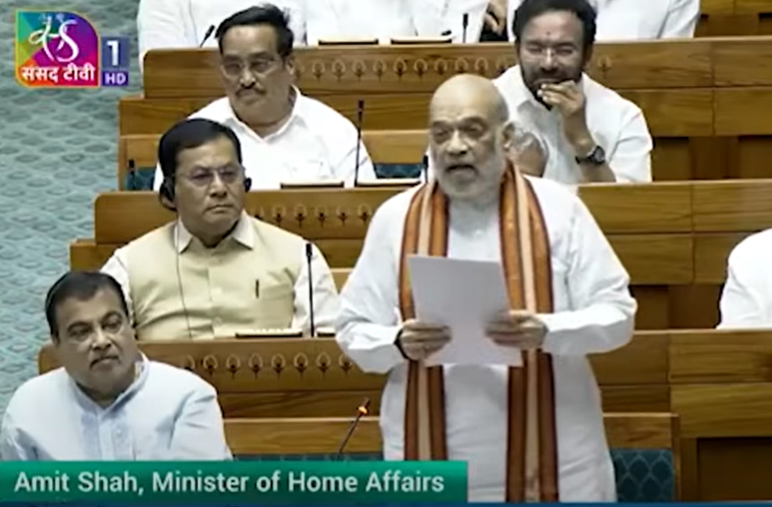
Amit Shah (Home Minister)
“If you had to cry, you should have done that for Shaheed Mohan Sharma and not the Batla House terrorists.”
— Referring to former Congress president Sonia Gandhi allegedly expressing grief after the 2008 Batla House encounter.“I thought the opposition would be happy that the terrorists behind the Pahalgam attack are dead… but it seems they are upset.”
— Criticising the Congress for its reaction to the success of Operation Mahadev.“When Chidambaram questions the Pakistani link of the attackers, it means they are giving Pakistan a clean chit.”
— Accusing Congress MP P. Chidambaram of undermining India’s intelligence claims.
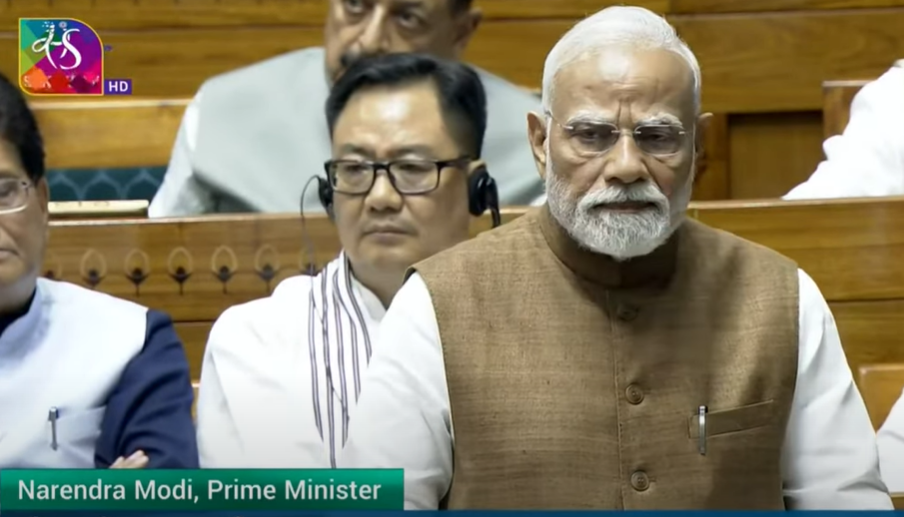
Narendra Modi (Prime Minister)
“If they hit once, we will hit back twice.”
— Describing India’s stance to a foreign leader who warned of a potential Pakistani strike.“The decision to pause the operation was India’s alone. No one forced us.”
— Denying any external pressure behind the ceasefire during Operation Sindoor.
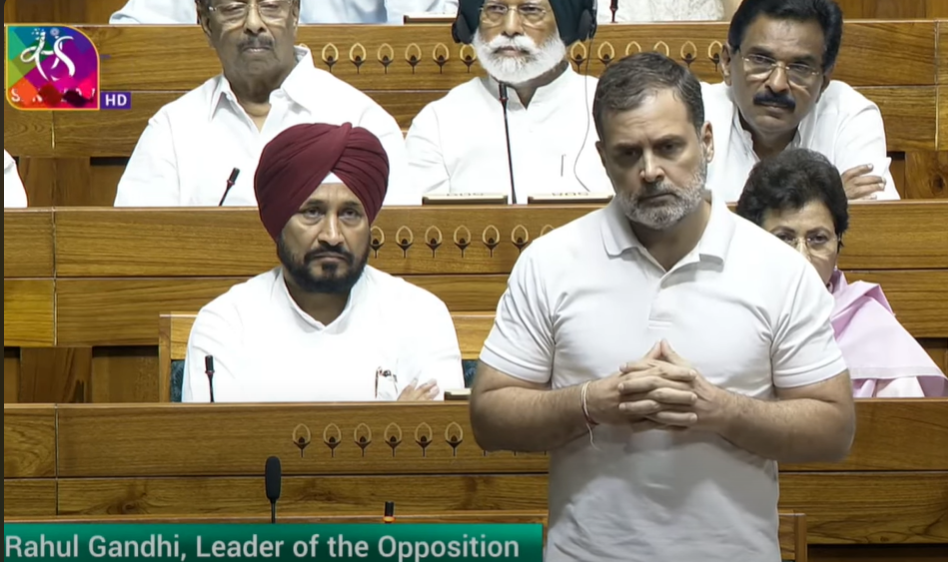
Rahul Gandhi (Congress MP)
“Why did the operation last only a few minutes? Why such a quick ceasefire?”
— Questioning the timeline of India’s military action and implying that it might have been influenced by foreign governments.“If Trump made a false claim about pressuring India, why hasn’t the Prime Minister publicly denied it?”
— Demanding a direct rebuttal from the PM over Trump’s remarks regarding ceasefire diplomacy.
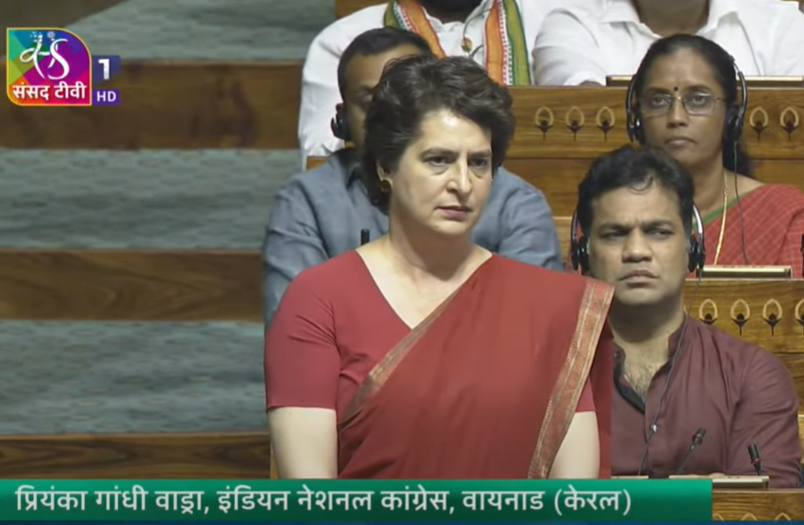
Priyanka Gandhi (Congress General Secretary)
“Where was the security during the Pahalgam attack? Why weren’t there any forces deployed in such a sensitive zone?”
— Highlighting possible intelligence and logistical failures leading to the attack.
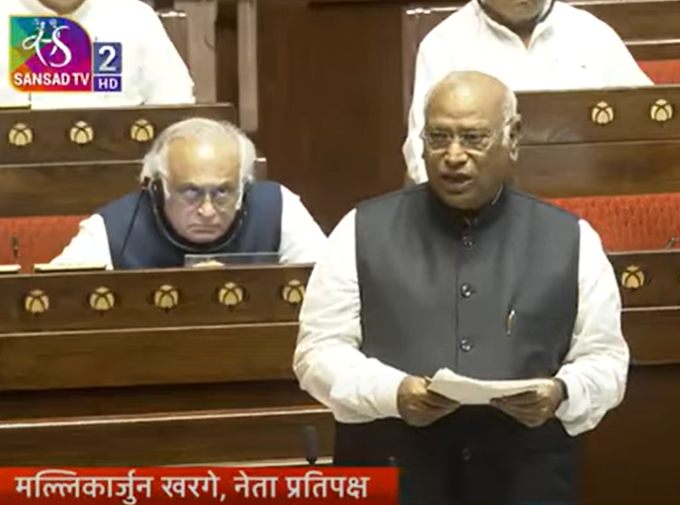
Mallikarjun Kharge (Congress President)
“This government is dodging the real question—how were terrorists allowed to attack without any resistance?”— Holding the government accountable for systemic security lapses.
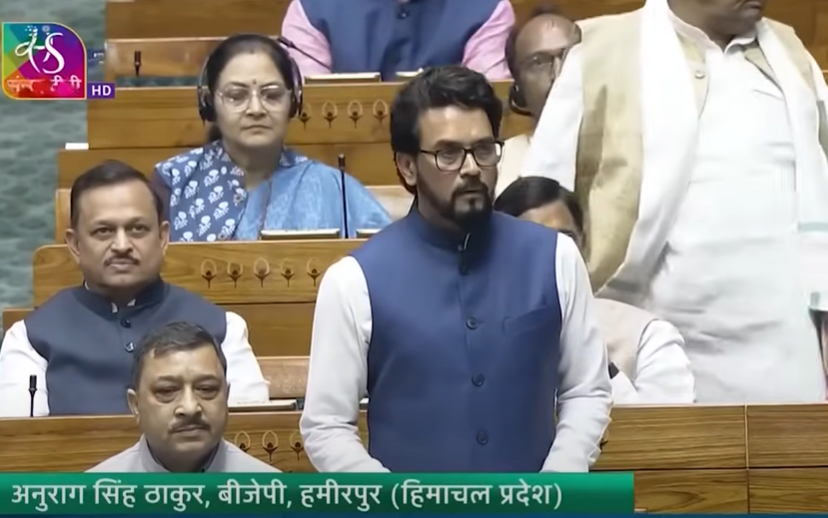
Anurag Thakur (BJP Minister)
“Rahul Gandhi is not the Leader of the Opposition, he is the Leader Opposing Bharat.”
— Delivering a pointed political jibe aimed at discrediting Gandhi’s critique.
Session Overview: Key Themes and Tensions
- Terror Response vs Prevention: The government highlighted the successful elimination of terrorists, while the opposition questioned why the attack wasn’t prevented in the first place.
- Foreign Pressure Debate: The opposition hinted that the ceasefire during Operation Sindoor may have been influenced by U.S. diplomacy. The government denied this outright, calling it India’s independent decision.
- Batla House Reference Reignited: Amit Shah’s comments revisiting the 2008 encounter added historical fire to the session, questioning Congress’s stance on terrorism and reviving past political wounds.
- Pakistan’s Role Under Scrutiny: The session repeatedly circled back to Pakistan’s alleged role in supporting terror. Chidambaram’s remarks were interpreted by the BJP as downplaying that role, while the Congress defended its call for factual clarity.
- Emotional and Ideological Divide: From the martyrdom of police officers to accusations of “crying for terrorists,” the emotional weight of the discussion revealed a deep ideological divide over what constitutes national interest.
Today’s Monsoon Session didn’t just debate security—it reignited old political arguments, challenged current policy, and raised serious questions about governance, loyalty, and India’s global posture. As Parliament resumes in the coming days, these themes are likely to echo louder, with national security turning into a central battleground for both rhetoric and responsibility.


